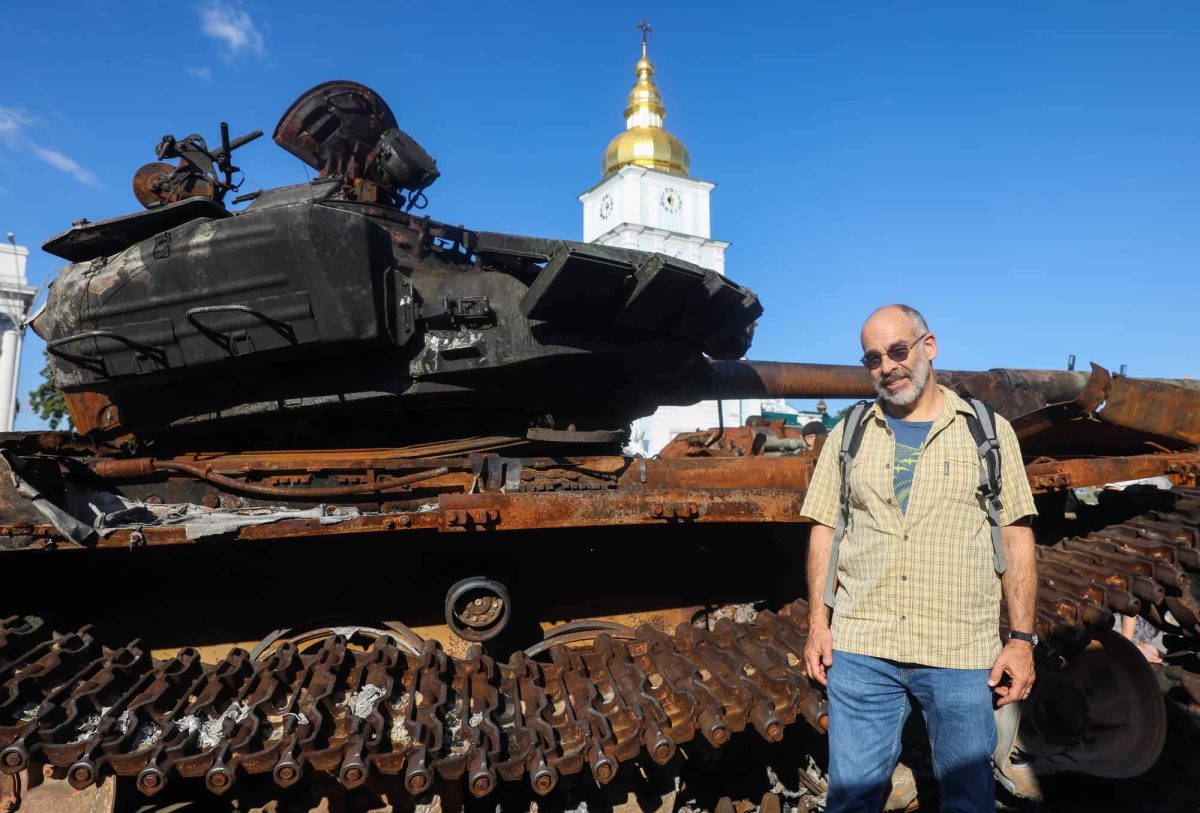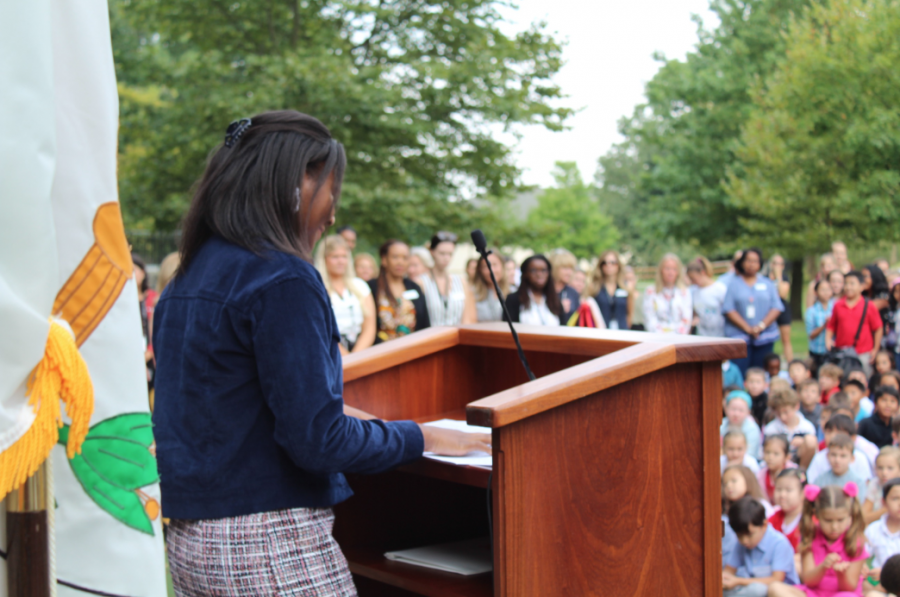
Recently, in a small village in northeast Nigeria called Chibok, over two hundred school girls were captured by the Boko Haram, the sister terrorist group to Al-Qaeda. The Boko Haram terrorist group originates from Nigeria. Boko Haram captured these girls in an act of rebellion against the Nigerian security force for imprisoning several Boko Haram leaders for various recent terrorist attacks across the nation.
After they had captured these school girls, they forcibly converted them to Islam (from Christianity), and are currently selling them off as wives and sex slaves. Boko Haram’s leader, Abubakar Shekau, is Africa’s most-wanted Islamic terrorist, and wants to cut a deal to release these girls in an exchange for the release of the Boko Haram prisoners. However, the Nigerian army has refused to negotiate, per its policy of not negotiating with terrorists, and are trying their best to rescue the girls on their own. Unfortunately, the army doesn’t seem to have an ability to make a surgical strike that would take out the terrorists while sparing the girls.
In addition, the Nigerian army has experienced a great deal of trouble over the past few weeks in its attempts to locate and hunt down the terrorist group. They requested for military intelligence from the United States and Great Britain, who have gladly stepped in to help.
So far, four neighboring countries to Nigeria (Benin, Cameroon, Chad and Niger) will assist in border surveillance, and western nations will provide technical expertise and training to the Nigerians. In particular, the United States has sent RQ-Global Hawk drones around northern Nigeria in order to aid the Nigerian army searching for the lost girls. The Hawk drones are high-altitude, long-endurance, unmanned aircrafts with integrated sensor suites that provide intelligence, surveillance, and reconnaissance back to the control headquarters.
The incident has sparked a debate in the U.S. as to whether the U.S. should continue to assume the “world police” role as it had throughout the Cold War and many twenty-first century cases (such as the Syrian chemical weapon crisis in 2013), or simply allow the Nigerian army along with its neighboring countries to fight this internal battle on its own.
“Although it is extremely important to keep our nation safe, we seem to overspend on defense as a whole, terrorism defense included…the effectiveness of our anti-terrorism methods has not been fully proven. ” says junior Russell Heller, referring to the mechanisms and tactics we have used (and are using currently) to fight off terrorism. Many people in the U.S. are questioning whether we should override the commands from the Nigerian army and simply send troops instead of drones, to increase the chances of finding the girls faster.
However, junior Sabrina Ophir offers a differing viewpoint, “I think the U.S. is handling [the crisis] correctly; it is the right thing for us to offer our intelligence and offer to help guide them, but let Nigeria figure it out and do the actual rescue on their own.”
Mr. Blossom, Upper School Librarian, talks about our previous foreign war efforts in the middle east in regards to fighting terrorism and oppression, and how that relates to the most recent case in Nigeria:
“I like the idea of what they’re planning on doing; there is going to be a multi-national African force sent in with some logistical support from the United States, from (I believe) England, and France, which is great. I understand as of now we’re sending eighty troops in to provide tactical support, some drone help; I think that’s a step in the right direction. It’s unfortunate that because of failed war enterprises in the last decade our capacity politically and otherwise has been compromised. Now we’re needed in places like Syria and Nigeria but unfortunately we saw fit to go into war before we knew all the facts (in Iraq mostly)…it’s too bad that we feel hampered to put our ‘money where our mouths are’ right now when we’re most critically needed to stop oppression of women.”
So far, the case remains unsolved, while Nigeria and many other nations in the world hope and pray for the best.





